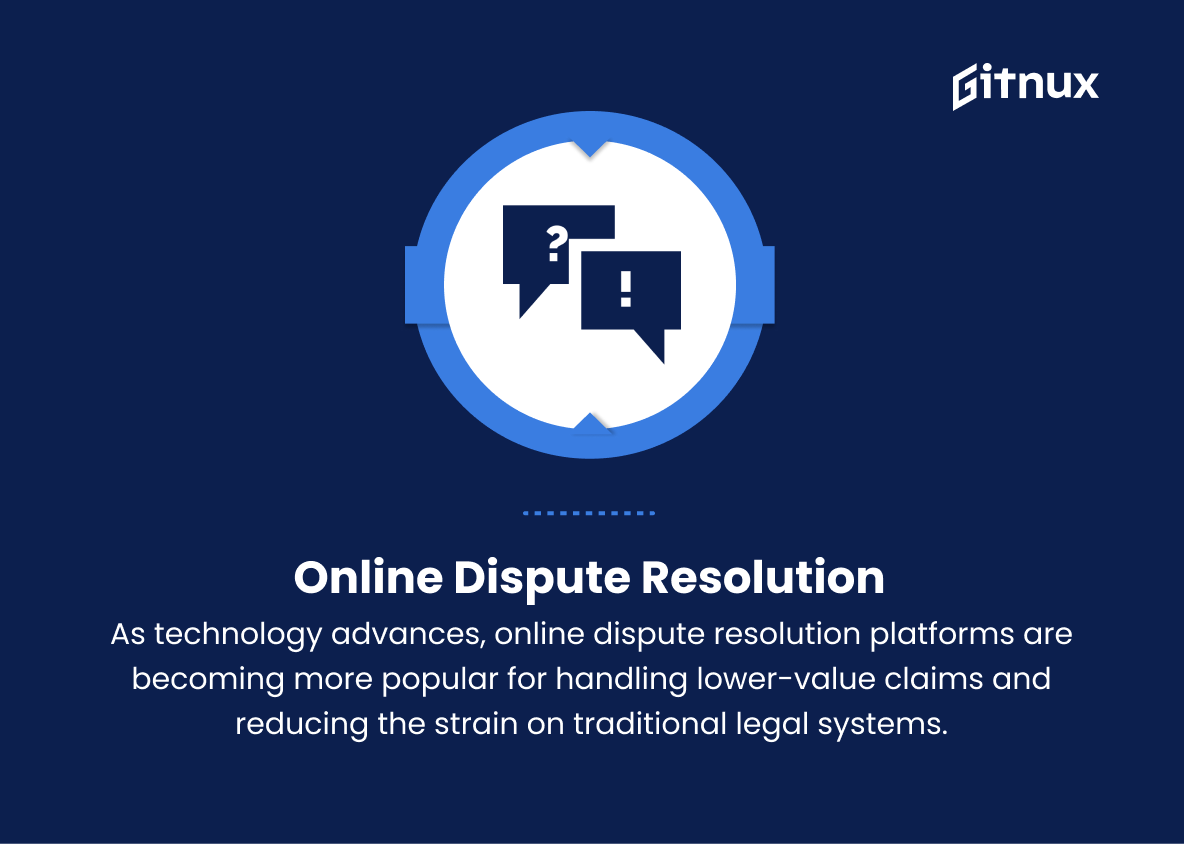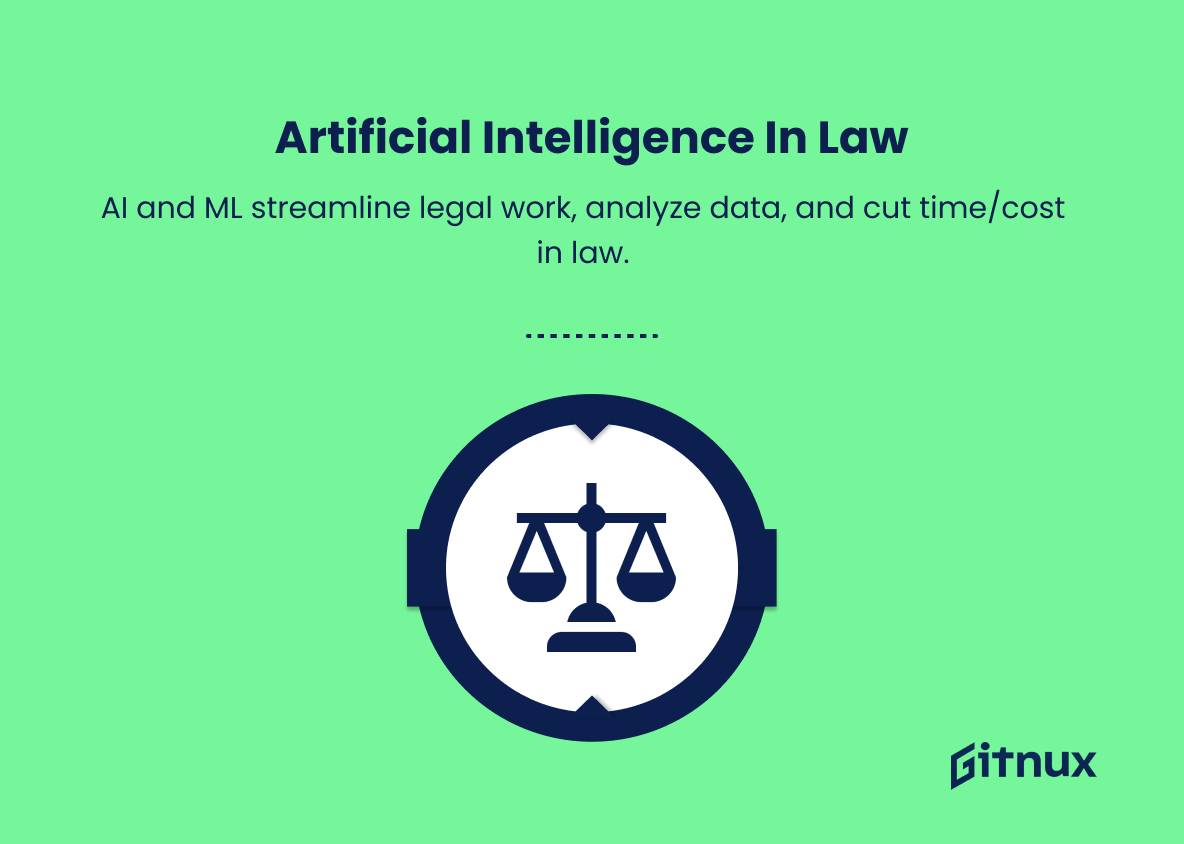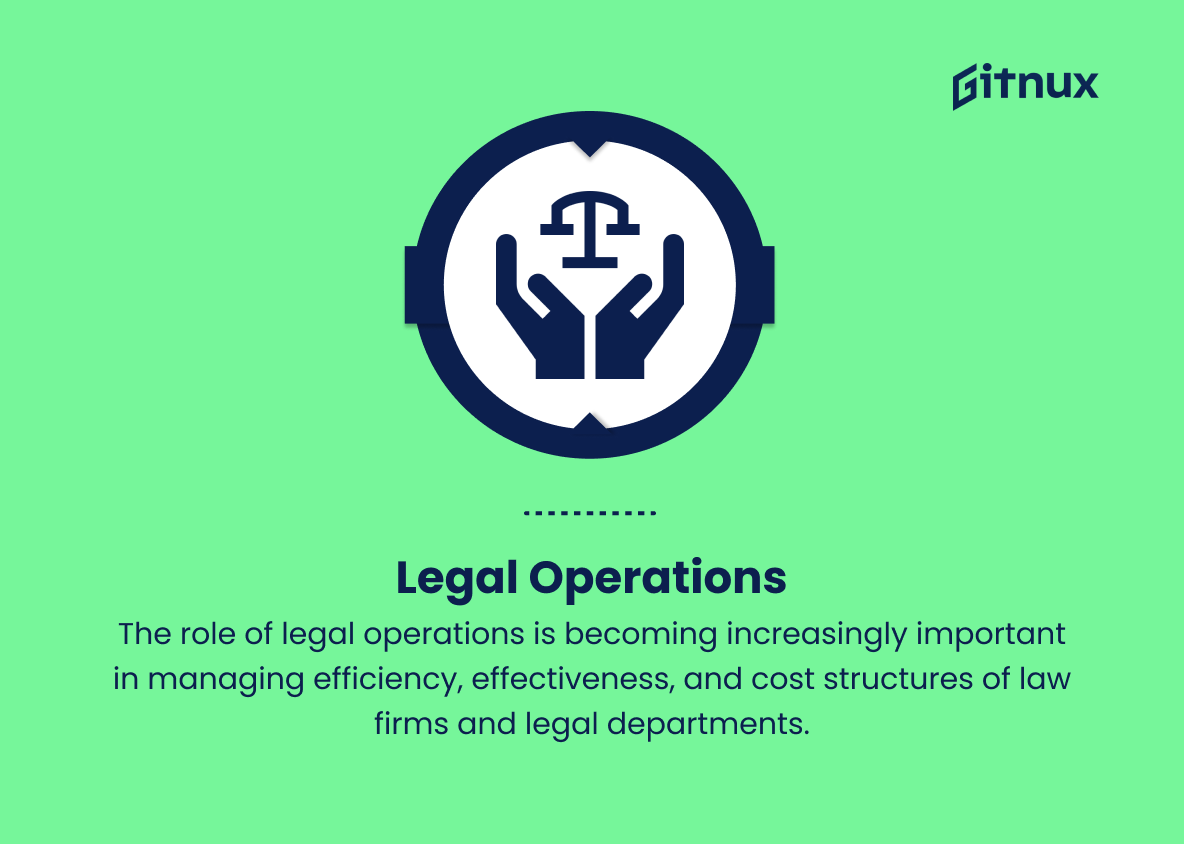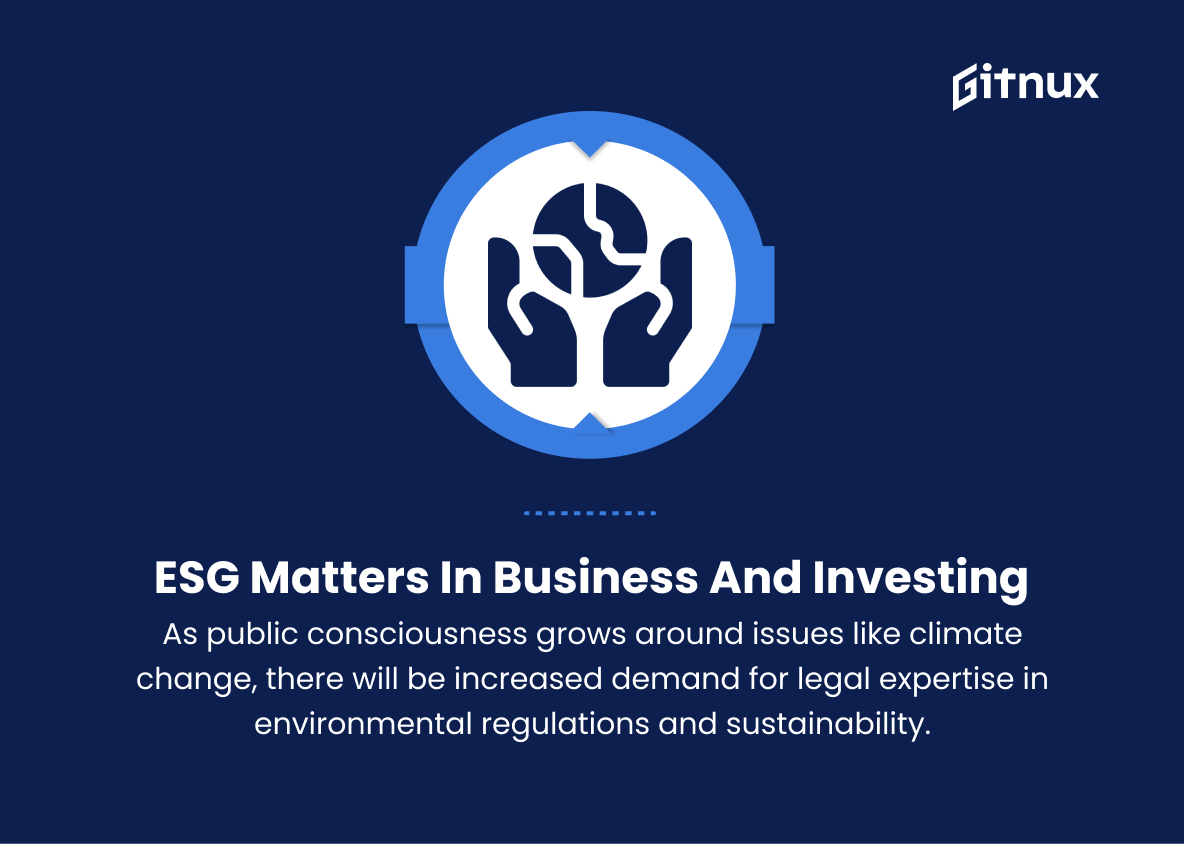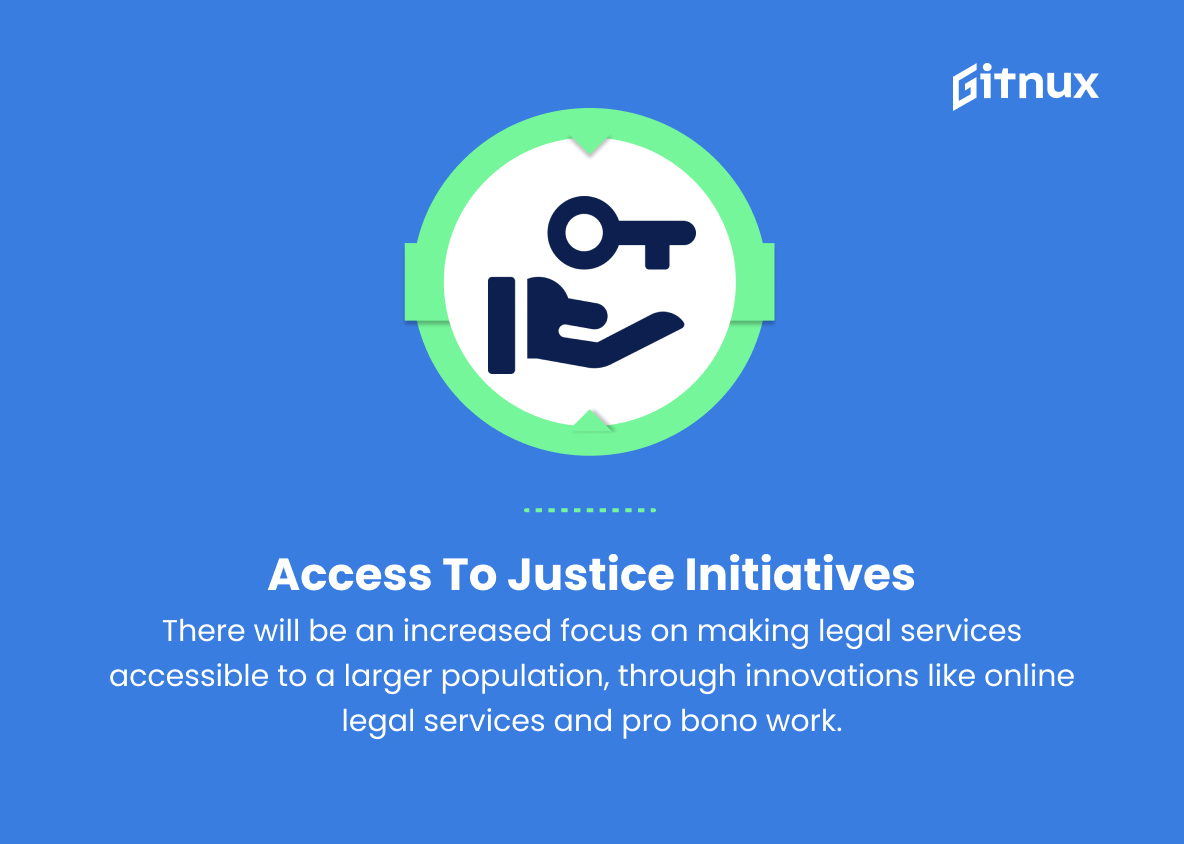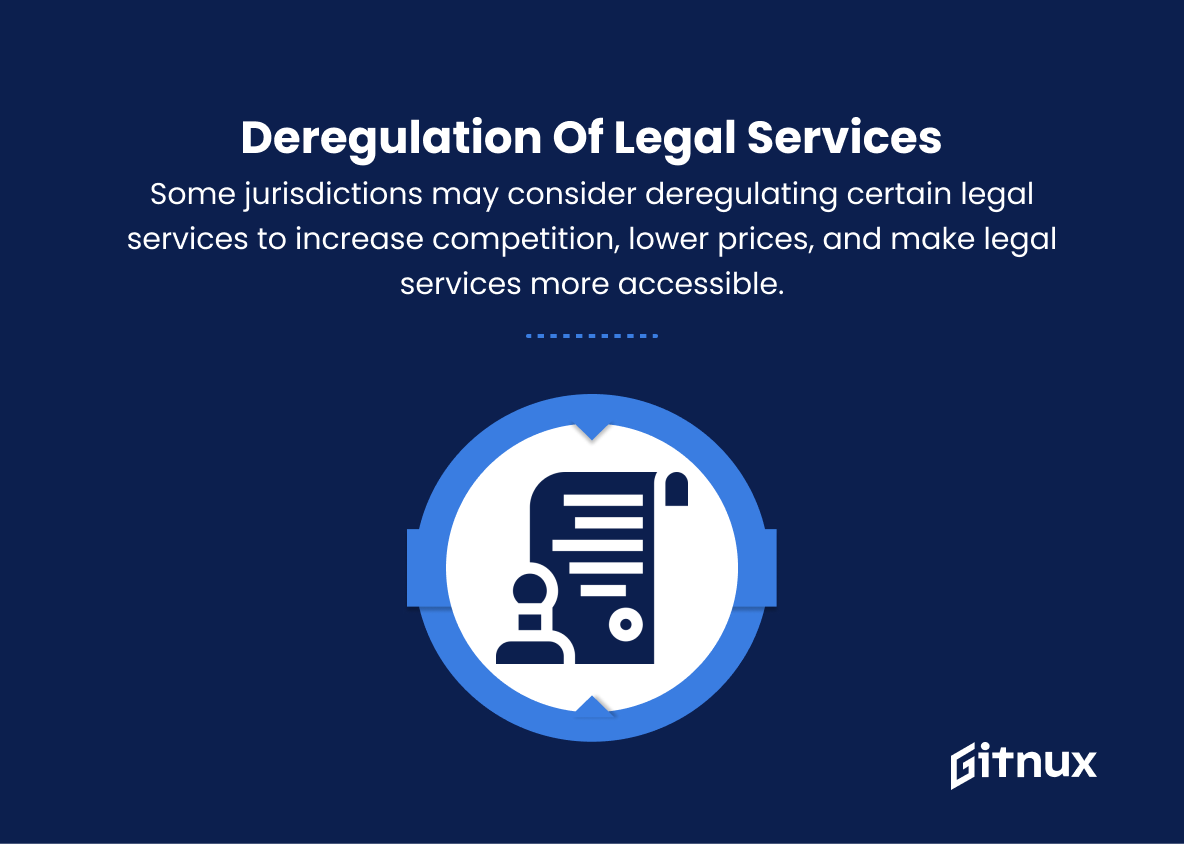In an ever-changing legal landscape, staying abreast of the latest legal trends and developments is crucial for attorneys, policymakers, and individuals alike. As we navigate through an increasingly complex world, the importance of understanding and adapting to emerging legal paradigms cannot be overstated. In this thought-provoking blog post, we will delve into the most significant legal trends impacting our society today – from the intersection of technology and the law, to shifts in the regulatory environment, and the evolving nature of legal practice.
Join us as we unpack these critical issues and explore the potential implications they hold for our collective future, equipping you with the essential knowledge and insights necessary to remain at the forefront of the ever-changing legal field.
Top Legal Trends
1. Online dispute resolution
As technology advances, online dispute resolution platforms are becoming more popular for handling lower-value claims and reducing the strain on traditional legal systems.
2. Artificial intelligence in law
AI and machine learning can help streamline legal workflows, analyze large sets of data, and assist in decision-making processes, potentially decreasing the time and cost associated with various legal tasks.
3. Alternative legal service providers
The rise of alternative legal service providers offering a range of legal services at competitive rates is challenging traditional law firm models.
4. Virtual law firms
With remote work becoming increasingly popular, virtual law firms that operate entirely online could be a growing trend.
5. Legal operations
The role of legal operations is becoming increasingly important in managing efficiency, effectiveness, and cost structures of law firms and legal departments.
6. Emphasis on cybersecurity and data privacy
With data breaches and cyber attacks common, there will be more focus on protecting client and company data, leading to more stringent regulations and an increased demand for cybersecurity experts in the legal field.
7. Environmental, social, and governance (ESG) issues
As public consciousness grows around issues like climate change, there will be increased demand for legal expertise in environmental regulations and sustainability.
8. Globalization of law
Global legal issues, such as international trade, cross-border disputes, and human rights, will continue to become more important, requiring lawyers to have a deeper understanding of international law.
9. Access to justice initiatives
There will be an increased focus on making legal services accessible to a larger population, through innovations like online legal services and pro bono work.
10. Deregulation of legal services
Some jurisdictions may consider deregulating certain legal services to increase competition, lower prices, and make legal services more accessible.
11. Legal tech advancements
Legal tech start-ups and applications will continue to reshape the industry, providing innovative solutions to modernize and simplify legal processes.
12. Intellectual property in the digital age
With the rise of social media and the digital economy, there will be an increased focus on intellectual property rights and the legal aspects surrounding them.
13. Legal specialization
As the legal landscape grows more diverse and complex, lawyers will need to specialize in specific areas of law to provide clients with the most relevant advice.
14. Legal project management
Applying project management principles to legal work will become more common, with a focus on improving efficiency, communication, and client satisfaction.
15. Wellness and mental health in the legal profession
Recognizing the unique stressors faced by lawyers, law firms and legal departments will continue to prioritize wellness and mental health initiatives.
Implications
As the legal landscape evolves, emerging trends like online dispute resolution, artificial intelligence, and alternative legal service providers are reshaping traditional legal systems to increase efficiency and accessibility. The emergence of virtual law firms and the increasing importance of legal operations signal a shift toward more agile and streamlined service models.
Meanwhile, the growing emphasis on cybersecurity, data privacy, and environmental, social, and governance (ESG) issues reflect the changing priorities of both clients and practitioners. As global legal issues become more complex, access to justice initiatives and the potential deregulation of legal services aim to make legal expertise more widely available.
Technological advancements and the growing importance of intellectual property in the digital age will continue to drive innovation within the industry, while legal specialization and legal project management will become critical skills for success. Amidst these rapid changes, prioritizing wellness and mental health will remain essential for maintaining a healthy and successful legal profession.
Conclusion
In conclusion, the constantly evolving landscape of legal trends highlights the importance of staying informed and adapting to new developments in the industry. As legal professionals, it is essential that we not only recognize these trends but also leverage them to provide the best possible services to our clients.
By embracing change, keeping an eye on emerging technologies, and being mindful of shifting societal expectations, we can ensure that our legal practices remain relevant and effective in addressing the complex legal challenges of tomorrow. In doing so, we can uphold the integrity and reputation of the legal profession while also fostering a positive impact on the world around us.
